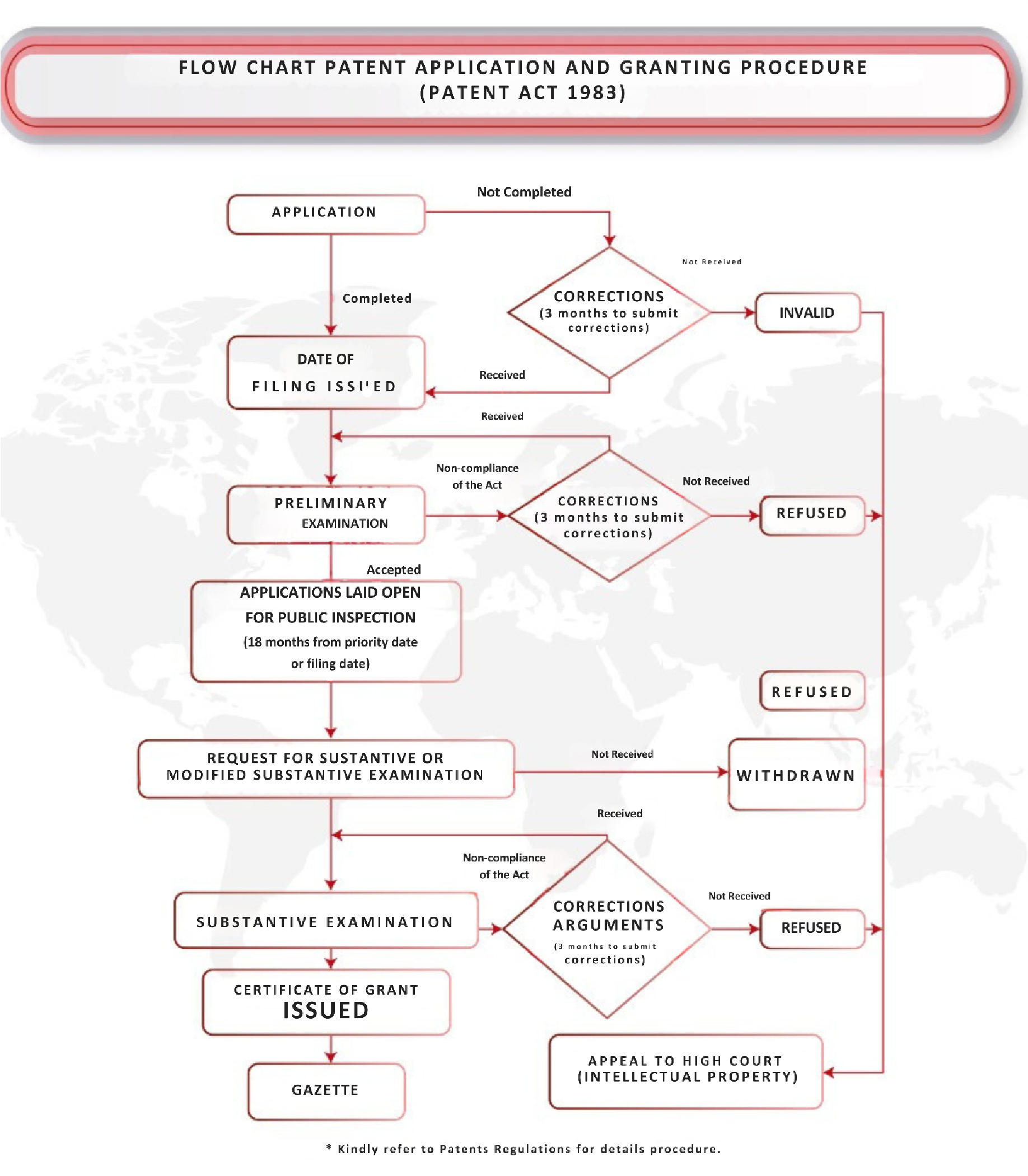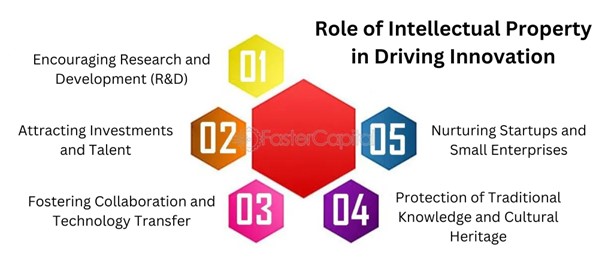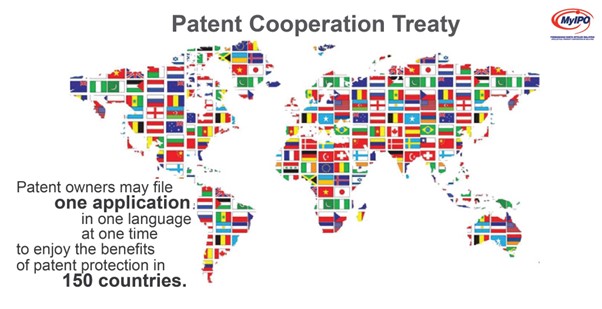
In the heart of Southeast Asia, Malaysia emerges as a beacon of innovation, where dynamic strides in science, technology, and creative enterprises contribute significantly to its economic growth. At the core of this innovation lies the need to safeguard intellectual property, and the protection of patent rights plays an instrumental role.
As Malaysia seeks to position itself as a knowledge-based economy, the role of intellectual property, including patents are crucial. Intellectual property rights provide creators and inventors with the assurance that their innovations are not only protected but also recognized as valuable assets. This, in turn, cultivates an environment where individuals and businesses are motivated to invest in research, knowing that the fruits of their labour are shielded from unauthorised use.
The foundation of patent rights in Malaysia is laid out in the Patents Act 1983. This legislation sets the groundwork for the protection of inventions, providing inventors with exclusive rights for a specified period. The Act is aligned with international standards, ensuring that Malaysian inventors are on par with their global counterparts in terms of patent protection.
Once granted, patent rights in Malaysia provide the inventor with exclusive rights to exploit, license, or transfer the patented invention. These rights typically last for 20 years from the filing date, offering inventors a significant period of protection for their innovations.
To keep the patent in force, inventors must pay renewal fees at specified intervals. Regular maintenance is essential to ensure that the patent remains in effect throughout its designated term. Failure to pay renewal fees may result in the loss of patent rights.

A robust patent strategy is indispensable for businesses, serving as a legal shield to safeguard innovative products and technologies. Beyond protection, a well-defined strategy enhances market differentiation, attracting investors and granting a competitive edge. Patents contribute to a company’s negotiating power in collaborations and licensing agreements, making it an attractive prospect for investors. Strategic patent filing facilitates global expansion by navigating international patent systems.
A dynamic patent strategy adapts to technological shifts and legal changes, ensuring continued alignment with business objectives. Moreover, it plays a crucial role in
enforcement and litigation preparedness, allowing businesses to actively defend their intellectual property rights when necessary. A comprehensive patent strategy is integral to a company’s success in Malaysia, fostering innovation, market prominence, and resilience in a dynamic business environment.
Intellectual property rights, including patents, serve as powerful incentives for innovators. By providing exclusive rights to the creators of novel inventions, patents ensure that individuals and companies can reap the rewards of their investments in research and development. This exclusivity encourages inventors to push the boundaries of knowledge, fostering a culture of continuous innovation.

1. Encouraging Research and Development (R&D)
Patent protection is a key factor in encouraging investments in research and development activities. Businesses are more likely to allocate resources to R&D when they have confidence that their discoveries can be protected, giving them a competitive advantage in the market. This, in turn, contributes to the growth of high-tech industries and the development of innovative products and services.
2. Attracting Investments and Talent
A strong IP framework, including robust patent protection, attracts both domestic and foreign investments. Investors are more inclined to support ventures that have secured intellectual property rights, as this safeguards their interests and enhances the overall value of the invested capital. Additionally, a thriving IP environment attracts skilled professionals, fostering a pool of talent that contributes to the nation’s innovation ecosystem.
3. Fostering Collaboration and Technology Transfer
Patents play a crucial role in facilitating collaboration between research institutions, universities, and industries. The exchange of knowledge through licensing and technology transfer agreements allows for the efficient utilisation of innovations, spurring further advancements. Collaborative efforts enhance the overall competitiveness of Malaysian industries on the global stage.
4. Protection of Traditional Knowledge and Cultural Heritage
Beyond technological innovation, intellectual property protection also extends to traditional knowledge and cultural heritage. Malaysia, with its rich cultural diversity, recognizes the importance of safeguarding traditional knowledge. Patent rights can be employed to protect unique processes, techniques, or products rooted in the country’s cultural heritage, ensuring that local communities benefit from their contributions to innovation.
5. Nurturing Startups and Small Enterprises
An effective intellectual property system supports the growth of startups and small enterprises. By providing avenues for protecting their inventions, even smaller players in the market can compete on a level playing field. This inclusivity fosters a diverse and dynamic entrepreneurial landscape, contributing to Malaysia’s goal of becoming a more innovation-centric economy.
Enforcing patent rights in Malaysia, as in many jurisdictions, presents a unique set of challenges. While obtaining a patent is a significant accomplishment, ensuring that those rights are respected and upheld can be a complex and ongoing process. Here, we explore some of the key challenges faced by innovators in patent enforcement in Malaysia, along with strategies to address them.
a. Infringement and Counterfeiting
One of the primary challenges in patent enforcement is the unauthorised use, reproduction, or sale of patented inventions. Identifying instances of infringement and counterfeiting requires vigilant monitoring, as well as the ability to gather evidence to support legal action.
Implementing a robust monitoring and surveillance system can help detect potential infringing activities early on. Collaborating with enforcement agencies and utilising
technology tools, such as patent analytics and monitoring services, can strengthen the ability to identify and address instances of infringement promptly.
b. Legal Complexities and Litigation
Navigating the legal landscape, including the court system, can be intricate and time-consuming. Patent litigation often involves complex legal arguments, and the resolution process may take several years.
Engaging legal professionals with expertise in intellectual property law is crucial. Developing a comprehensive litigation strategy that aligns with business objectives and risk tolerance is essential. Alternative dispute resolution mechanisms, such as mediation or arbitration, can also be explored to expedite the resolution process.
c. Enforcement Costs
Enforcing patent rights can be financially burdensome, particularly for small and medium-sized enterprises (SMEs) and individual inventors. Legal fees, court costs, and other associated expenses can accumulate quickly.
Prioritising patent portfolios and focusing enforcement efforts on key assets can help manage costs. Exploring government incentives, grants, or subsidies aimed at supporting patent enforcement for SMEs can provide financial relief. Collaborating with other patent holders through joint enforcement initiatives may also distribute costs and enhance collective strength.
d. Cross-Border Challenges
In an interconnected global economy, infringing activities may span multiple jurisdictions. Coordinating enforcement efforts across borders can be challenging due to differences in legal systems and enforcement practices.
Establishing strong international partnerships and leveraging mechanisms like the Patent Cooperation Treaty (PCT) can facilitate cross-border enforcement. Collaborating with law enforcement agencies and legal experts in relevant jurisdictions strengthens the ability to address global patent infringement.

e. Evolving Technologies and Rapid Changes
Technological advancements and rapid innovation cycles can make it challenging to enforce patents effectively, especially in dynamic industries where new technologies emerge frequently.
Staying proactive through continuous monitoring and updating of patents is essential. Developing a flexible and adaptive strategy that can evolve with technological changes ensures that patent enforcement efforts remain effective over time.
Understanding patent rights in Malaysia is more than a legal necessity—it’s a strategic move for innovators and businesses. The relationship between intellectual property and Malaysian innovation is pivotal, serving as a kickstart for progress. As Malaysia strives to make its mark in the global landscape of technology and creativity, a commitment to intellectual property becomes foundational.
By safeguarding the rights of inventors, Malaysia not only fosters a culture of innovation but also positions itself as a key player in the fiercely competitive global arena. Exploring international patent filing strategies and collaborations can broaden the scope for Malaysian innovators, allowing them to secure protection globally and participate in cross-border innovation initiatives. Intellect Worldwide is an intellectual property company that can guide you through patent filing, offering expertise to protect your rights with precision and efficiency.
© Copyright 2025 | iPon9 | All Rights Reserved. Website designed by VeecoTech.
